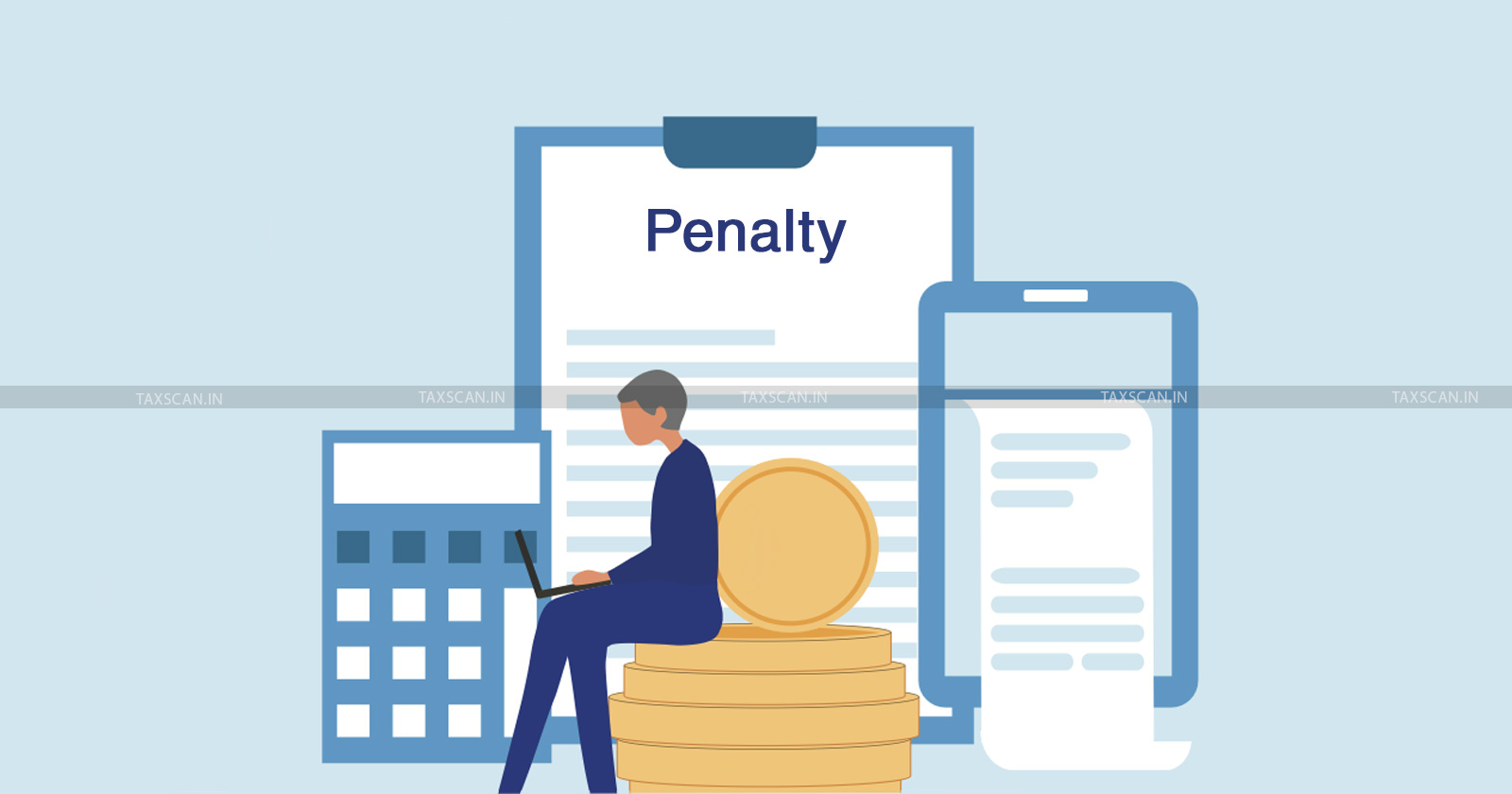ESOP Discount Allowable as Business Deduction: ITAT affirms Consistent View in Goldman Sachs Case [Read Order]
The Tribunal affirmed the consistent legal position established in its own previous orders in the assessee's case, following a Special Bench decision, that the discount on issue of ESOPs is an allowable business expenditure
![ESOP Discount Allowable as Business Deduction: ITAT affirms Consistent View in Goldman Sachs Case [Read Order] ESOP Discount Allowable as Business Deduction: ITAT affirms Consistent View in Goldman Sachs Case [Read Order]](https://images.taxscan.in/h-upload/2025/10/13/2096146-esop-business-deduction-itat-goldman-sachs-case-goldman-sachs-taxscan.webp)
The Income Tax Appellate Tribunal (ITAT), Mumbai Bench, upheld the order of the Commissioner of Income-tax (Appeals) [CIT(A)], which had allowed the deduction of Employee Stock Option Plan (ESOP) discount costs for the assessment year 2013-14 anddismissed the revenue’s appeal against Goldman Sachs.
The Tribunal affirmed the consistent legal position established in its own previous orders in the assessee's case, following a Special Bench decision, that the discount on issue of ESOPs is an allowable business expenditure.
The Revenue had challenged the CIT(A)'s order on several grounds, primarily contending that the ESOP discount was notional and contingent, and thus not allowable as a deduction. The Assessing Officer had initially disallowed an amount of Rs. 56,44,29,191/- on this basis. However, the CIT(A) had deleted the disallowance, relying on the binding precedent set by the ITAT in the assessee's own case for multiple assessment years, which in turn had followed the Special Bench decision in Blocon Ltd..
 Also Read:Penalty u/s 271(1)(c) Invalid when Notice Fails to Specify Charge and Irrelevant Limb not Struck Off: ITAT [Read Order]
Also Read:Penalty u/s 271(1)(c) Invalid when Notice Fails to Specify Charge and Irrelevant Limb not Struck Off: ITAT [Read Order]
The assessee, a wholly-owned subsidiary of Goldman Sachs (Mauritius) LLC and a registered merchant banker, filed its return declaring total income. The case was selected for scrutiny, and the Assessing Officer (AO) completed the assessment, making two key disallowances: (i) ESOP cost of Rs. 56.44 crore, deeming it notional and contingent; and (ii) charges of Rs. 37.11 lakh paid to stock exchanges, treating them as penal in nature and thus disallowable under section 37(1).
Comprehensive Guide of Law and Procedure for Filing of Income Tax Appeals, Click Here
Aggrieved, the assessee appealed to the Commissioner of Income-tax (Appeals) [CIT(A)]. The CIT(A) deleted both additions, relying on the consistent precedent set by the ITAT in the assessee's own cases for earlier assessment years. The Revenue then appealed to the ITAT, raising grounds against the CIT(A)'s decision on both the ESOP cost and the stock exchange charges.
On the issue of ESOP cost, the assessee's counsel argued that the matter was settled in its favor by multiple ITAT orders for previous years (AY 2009-10 to 2018-19). The ITAT noted that the CIT(A) had correctly relied on the binding precedent of the Tribunal in the assessee's own case for AY 2017-18, which in turn followed the Special Bench decision in Biocon Ltd. The Tribunal found the CIT(A)'s order reasoned and well-supported. However, the assessee had brought to light that the ESOP cost included a bonus amount of Rs. 15.37 crore which was inadvertently clubbed. The ITAT restored this specific factual aspect to the AO's file for necessary verification, while otherwise allowing the ESOP deduction as per the consistent view taken in earlier years.
Regarding the stock exchange charges, the Revenue had disallowed the amount as it was reflected in the tax audit report as fines/penalties for non-compliance. The assessee's counsel relied on the Bombay High Court's judgment in Income Tax Appeal No. 30 of 2017, which followed its earlier ruling in CIT v. Angel Capital & Debit Market Ltd. The High Court had categorically held that such payments to stock exchanges were compensatory, arising from business exigencies and irregularities committed by clients, and not penal in nature for the purpose of section 37(1) of the Act. Respectfully following the jurisdictional High Court's judgment, the ITAT found no infirmity in the CIT(A)'s order and dismissed the Revenue's ground on this issue.
The two-member bench of Shri Om Prakash Kant (Accountant Member) and Shri Raj Kumar Chauhan (Judicial Member) observed that the issue was no longer res integra and stood covered in favour of the assessee by a series of ITAT orders for AYs 2009-10, 2010-11, 2011-12, 2012-13, 2014-15, 2015-16, 2017-18, and 2018-19. The Tribunal found that the CIT(A) had passed a reasoned order, duly supported by this binding precedent.
While allowing the Revenue's grounds for statistical purposes, the Tribunal noted that the assessee had, for the first time, clarified that the disallowed amount included Rs. 153,747,734/- towards bonus paid to employees, which had been inadvertently clubbed under the ESOP cost. As this factual aspect required verification, the Tribunal restored this limited issue to the file of the Assessing Officer for necessary verification, subject to which the ESOP cost is to be allowed as deduction.
The ITAT also dismissed the Revenue's appeal on the ground pertaining to the disallowance of charges paid to the Stock Exchange. The Tribunal, following its own previous decision and a judgment of the Bombay High Court in Income Tax Appeal No. 30 of 2017, held that such payments are compensatory in nature, arising from business exigencies, and not penal in character, thus allowable under section 37(1) of the Income Tax Act.
Support our journalism by subscribing to Taxscan premium. Follow us on Telegram for quick updates


